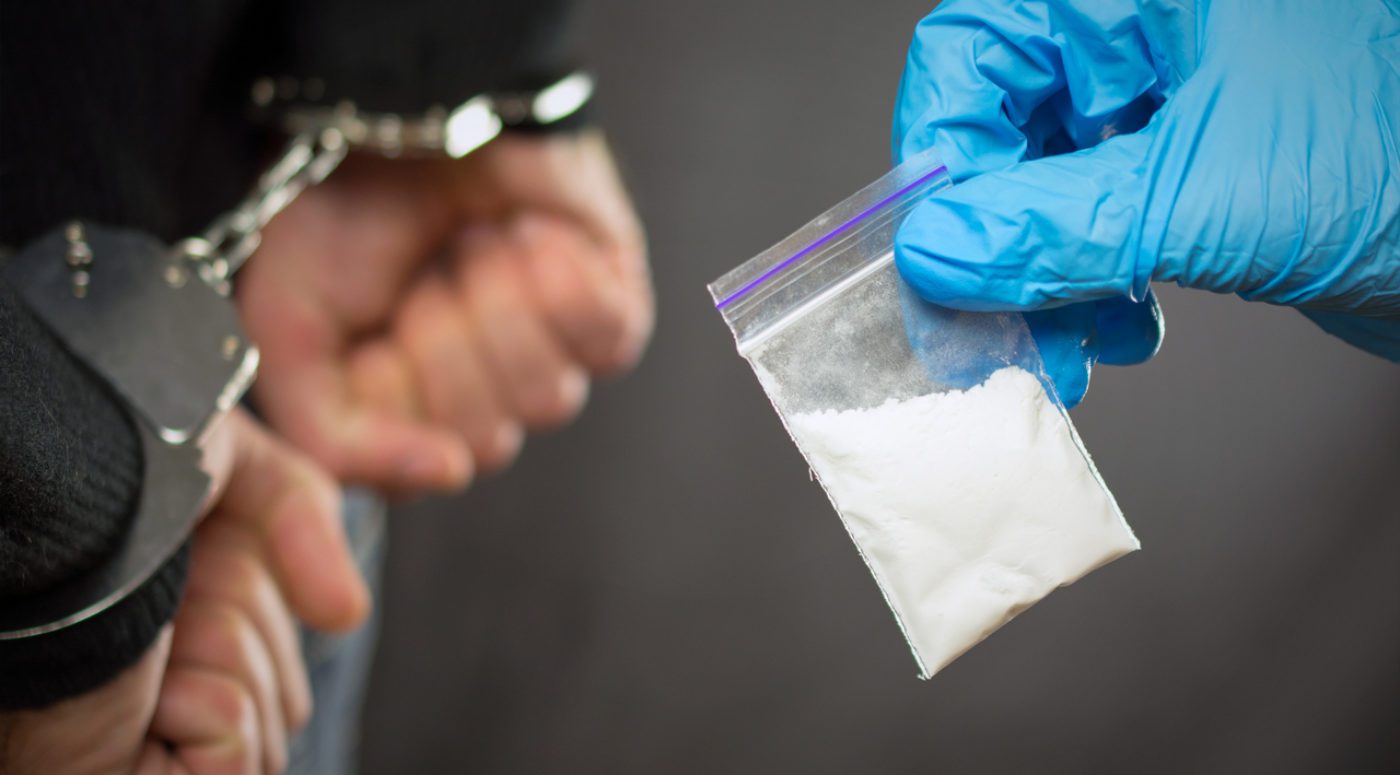

Accusations of conspiracy to supply Class A drugs can turn your world upside down. The mere mention of “conspiracy” in a criminal charge often brings a sense of gravity and complexity, and when it involves Class A substances, the stakes are even higher. If you or someone close to you is facing such an allegation, you may be feeling overwhelmed by the legal jargon, the uncertainty of the process, and the fear of what the future might hold. This article aims to demystify the offence, explain the sentencing landscape, and offer practical advice to help you make sense of your options and rights.
What is conspiracy to supply Class A drugs?
Conspiracy to supply Class A drugs is a distinct and serious criminal offence under the Misuse of Drugs Act 1971 and the Criminal Law Act 1977. Unlike a straightforward supply charge, conspiracy involves an agreement between two or more people to engage in the supply of controlled substances, regardless of whether the supply actually took place. The law is designed to target not just those who physically handle drugs, but also those who plan, organise, or facilitate the supply chain.
The essence of conspiracy is the agreement itself. The prosecution does not need to prove that drugs changed hands or that the plan was successful, only that there was a genuine intention and arrangement to supply Class A drugs, such as heroin, cocaine, or ecstasy. Evidence can come in many forms: intercepted communications, surveillance, financial transactions, or even testimony from co-conspirators. The scope of a conspiracy charge can be wide, sometimes encompassing entire networks or groups, from street-level dealers to organisers and financiers.
Because conspiracy charges focus on the planning and coordination behind drug supply, they often attract more severe penalties than simple possession or even supply offences. The law recognises that dismantling the infrastructure of drug distribution is key to tackling the wider problem of drug-related harm in society.
What are the typical sentences for conspiracy to supply Class A drugs?
Sentences for conspiracy to supply Class A drugs are among the harshest in the criminal justice system. The courts view these offences as a direct threat to public health and safety, given the devastating impact of Class A drugs on individuals and communities. The maximum sentence for this offence is life imprisonment, and lengthy custodial terms are common, especially for those found to be playing leading or significant roles in the conspiracy.
That said, sentencing is not a mechanical process. Judges are required to consider a range of factors, including the scale and duration of the conspiracy, the quantity and type of drugs involved, the role of each defendant, and any aggravating or mitigating circumstances. For example, someone who masterminded a large-scale operation involving multiple shipments of heroin is likely to receive a much longer sentence than a minor participant who was coerced into involvement.
Sentencing guidelines provide a framework, but the court retains discretion to tailor the sentence to the facts of the case. In rare circumstances, particularly where the defendant’s involvement was peripheral, or where there are compelling personal circumstances, the court may consider alternatives to immediate custody, such as a suspended sentence. Such outcomes are, however, exceptional in conspiracy cases involving Class A drugs.
What is a suspended sentence and how does it apply to these cases?
A suspended sentence is a form of custodial sentence that is not activated immediately. Instead, the individual is allowed to remain in the community for a specified period (typically between six months and two years) on the condition that they comply with certain requirements. These might include attending drug treatment programmes, performing unpaid work, observing a curfew, or avoiding contact with certain individuals.
The principle behind a suspended sentence is to offer the offender a chance to demonstrate rehabilitation and avoid further offending, while still holding the threat of imprisonment over their head. If the person breaches the conditions or commits another offence during the suspension period, the original prison sentence can be enforced.
In the context of conspiracy to supply Class A drugs, suspended sentences are rare and generally reserved for cases where the court is convinced that immediate imprisonment is not necessary to protect the public or deter others. The seriousness of the offence, the defendant’s role, and the risk of reoffending are all critical considerations.
Is a suspended sentence possible for conspiracy to supply Class A drugs?
While the law does allow for the possibility of a suspended sentence, in practice, it is highly unusual for conspiracy to supply Class A drugs. The courts take a particularly tough stance on these offences, given the potential for widespread harm and the organised nature of most conspiracies. Nevertheless, there are circumstances where a suspended sentence might be considered.
For instance, if the defendant’s involvement was minimal, if they were acting under duress or coercion, or if there are strong mitigating factors such as youth, mental health issues, or a lack of previous convictions, the court may be persuaded to suspend the sentence. The presence of genuine remorse, evidence of rehabilitation, and a low risk of reoffending can also influence the court’s decision.
What factors influence the court’s decision on a suspended sentence for conspiracy to supply Class A drugs?
- Scale and sophistication of the conspiracy: Was the operation a large, well-organised network, or a small, loosely connected group? The more complex and far-reaching the conspiracy, the less likely a suspended sentence becomes.
- Role and responsibility: Was the defendant a ringleader, organiser, or someone on the periphery? Courts distinguish between those who orchestrate the supply and those who play a minor or coerced role.
- Duration and frequency: Did the conspiracy last for months or years, or was it a short-lived arrangement? Repeated or long-term offending is treated more harshly.
- Quantity and type of drugs: The amount and class of drugs involved are central to sentencing. Large quantities of heroin or cocaine, for example, will attract stiffer penalties.
- Aggravating circumstances: Factors such as supplying to children, using violence or intimidation, or operating near schools or vulnerable communities will weigh heavily against a suspended sentence.
- Mitigating circumstances: These might include a lack of previous convictions, evidence of coercion or exploitation, genuine remorse, or significant steps taken towards rehabilitation.
- Personal background: The defendant’s age, health, family responsibilities, and social circumstances are all relevant.
- Risk of reoffending: The court will consider whether the individual is likely to become involved in similar offences in the future.
- Ability to comply with conditions: The likelihood that the defendant will adhere to the requirements of a suspended sentence is also a key consideration.
How serious does conspiracy to supply Class A drugs have to be for a prison sentence?
In reality, almost all convictions for conspiracy to supply Class A drugs result in immediate imprisonment. The courts view these offences as among the most serious in the criminal calendar, given the potential for significant harm to individuals and communities. Several factors make a custodial sentence more likely:
- Major operations: Large-scale conspiracies involving multiple actors, significant quantities of drugs, and sophisticated methods of distribution are almost certain to result in lengthy prison terms.
- Commercial motivation: Offences committed for substantial financial gain, or as part of an organised crime group, are treated with particular severity.
- Use of violence or weapons: The presence of threats, intimidation, or firearms in the course of the conspiracy will almost always lead to immediate custody.
- Supplying to vulnerable people: Targeting children, young people, or those with addiction issues is viewed as an aggravating factor.
- Previous convictions: A history of drug offences or other serious criminal behaviour will increase the likelihood of a custodial sentence.
How can I improve my chances of receiving a suspended sentence for conspiracy to supply Class A drugs?
Although the odds are against receiving a suspended sentence for this offence, there are steps you can take to present your case in the best possible light:
- Obtain expert legal representation: A skilled solicitor can help you understand the charges, gather evidence, and build a strong case for mitigation.
- Demonstrate genuine remorse: Courts are more likely to show leniency if you accept responsibility for your actions and express sincere regret.
- Engage in rehabilitation: Participation in drug treatment, counselling, or other support services can show a commitment to change.
- Provide character references: Letters from employers, community leaders, or family members can help demonstrate that the offence was out of character and that you have positive support networks.
- Highlight mitigating circumstances: If you were coerced, acted under duress, or have significant personal challenges, ensure these are brought to the court’s attention.
Where to get more help
If you or someone you care about is facing charges for conspiracy to supply Class A drugs, don’t delay in seeking expert legal advice. Contact the team at Stuart Miller Solicitors today to discuss your options and begin building your defence.
OUR COMMITMENTS TO YOU:
-
Responsive
A legal expert will consult you within 24 hours of making an enquiry.
-
Empathetic
We will always treat you with trust, understanding and respect.
-
Specialised
Your case will be handled by an expert who specialises in your type of offence.
-
Proactive
We will take early action to end proceedings as soon as it is practically and legally possible to do so.
-
Engaged
You will be kept updated on your case at all times. We will provide a named contact available to answer your questions.
-
Caring
We understand this is a difficult and stressful time for you and your family. Our team will support you every step of the way.
-
Tenacious
We will never give up on your case. We fight tirelessly to get you the best possible outcome.

